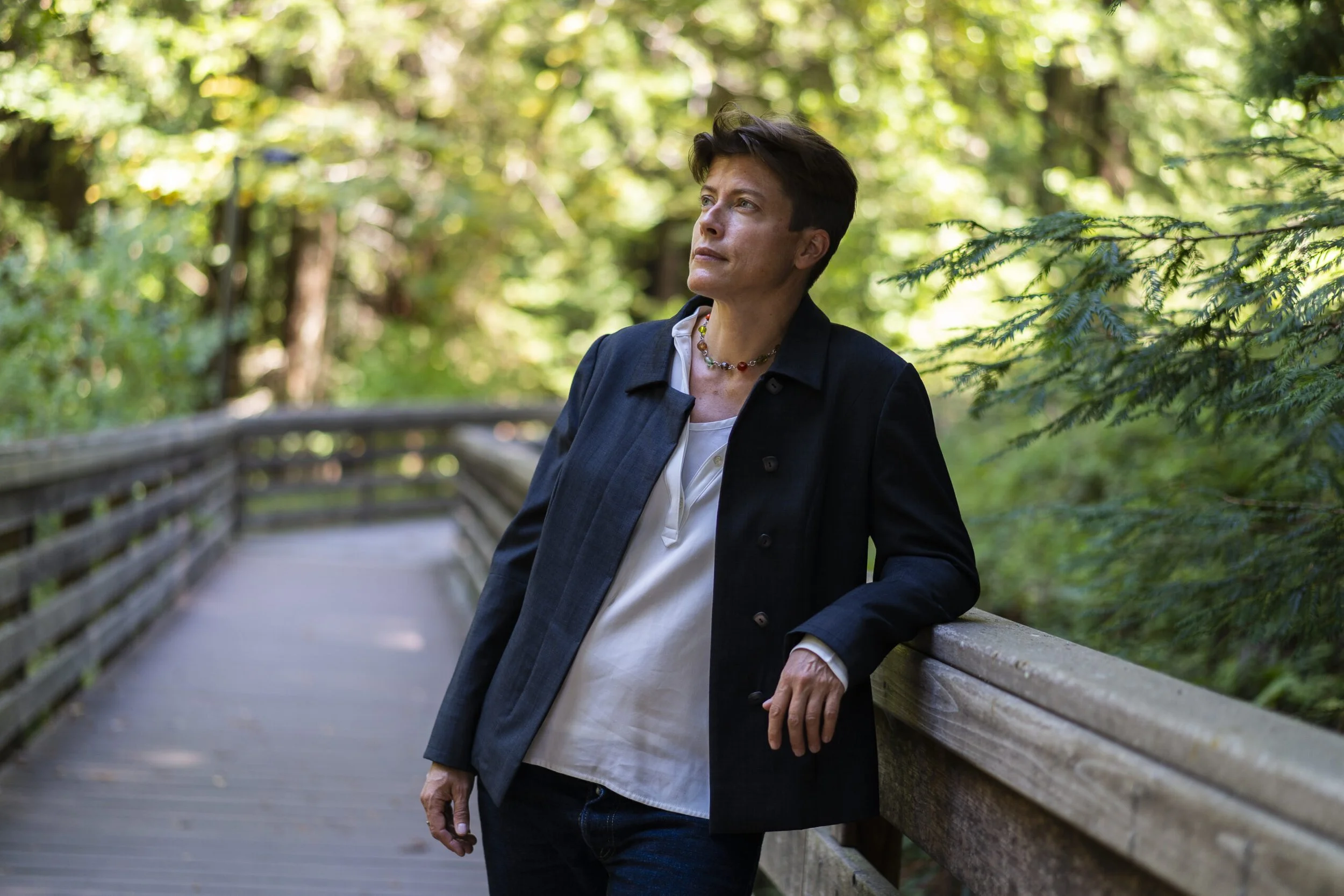UCSC Sociologist Leads NSF Study Embedding Ethics in Genomics, Neuroscience, and AI
UC Santa Cruz Professor of Sociology Jenny Reardon has received nearly $400,000 from the National Science Foundation (NSF) to explore how scientists working in high-impact, emerging fields such as genomics, neuroscience, and artificial intelligence (AI) are collaborating with ethicists and social scientists to address the societal implications of their work.
The two-year research project seeks to understand scientists’ firsthand experiences engaging in these interdisciplinary partnerships. While such collaborations are increasingly encouraged by policymakers and funding agencies, little systematic data exists on how they influence the research process, or how scientists themselves develop ethical perspectives within their fields.
Reardon will lead the study alongside Sara Goering of the University of Washington, Sandra Soo-Jin Lee of Columbia University, and Aaron Panofsky of UCLA, with additional contributions from Stanford and Harvard researchers. The project builds on Reardon’s long-standing commitment to examining how ethics and justice intersect with science—a focus she has advanced through the Science and Justice Research Center she founded at UC Santa Cruz.
Drawing from her early experiences as a genomics researcher, Reardon has witnessed how scientific projects that appear objective can sometimes cause harm when ethical considerations are overlooked. The new NSF-funded project will collect interviews from scientists and research administrators to identify best practices, recurring challenges, and differences between academic and industry collaborations.
The findings will inform recommendations for researchers, funders, and policymakers, offering guidance on how to foster meaningful ethical engagement in scientific work. By comparing scientists’ perspectives with previous research on ethicists’ experiences, the team hopes to create a more comprehensive understanding of how embedded ethics is perceived and enacted across disciplines.
Despite shifting federal priorities that may reduce formal ethical oversight, Reardon observes sustained enthusiasm among researchers—both early-career and established—who want to ensure their innovations serve the public good. The project will also emphasize training and mentorship, offering opportunities for graduate students, postdoctoral fellows, and junior researchers to join a growing network of scientists and ethicists committed to advancing responsible innovation.
By centering ethics within rapidly evolving fields like AI and genomics, Reardon’s work aims to strengthen trust between science and society—ensuring that powerful new technologies emerge not only from technical expertise, but from shared values and ethical reflection.


